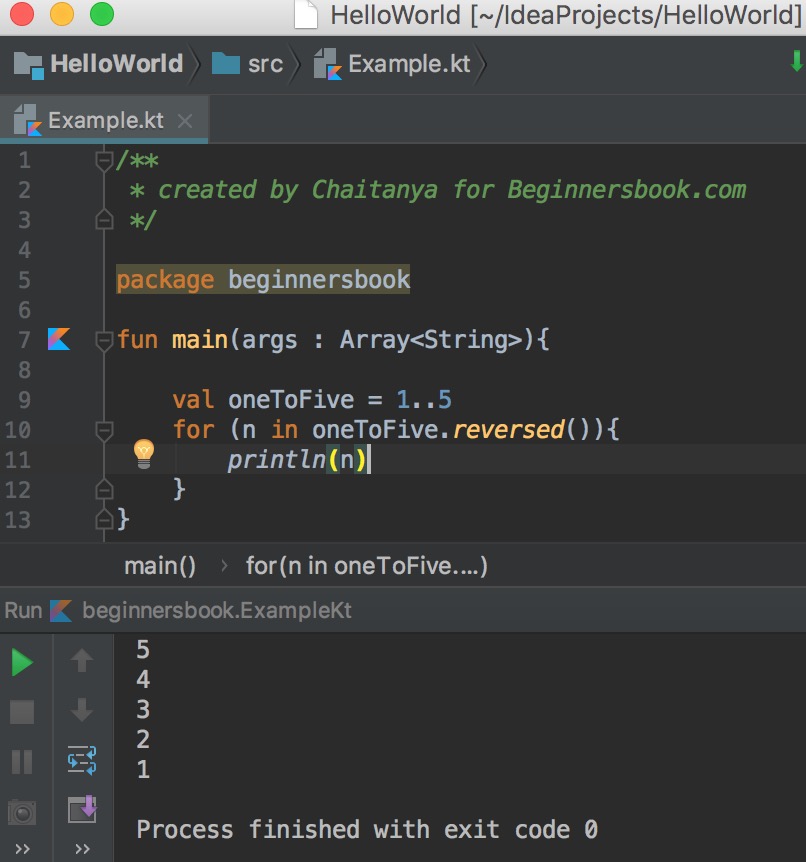

It evaluates a section of code among many alternatives. Kotlin lets you use the Java BigDecimal class in similar ways: > import when construct in Kotlin can be thought of as a replacement for Java switch Statement. Example 5: Printing the Elements of a Range in the Descending Order utilizing the For Loop in Kotlin with Double Decrement: Again, this example is also. Kotlin also has convenient extension functions to help you convert other data types to BigInteger: > val y = 42.toBigInteger() In Kotlin you can use the class: > import This interface is implemented by floating point ranges returned by Float.rangeTo and Double.rangeTo operators to achieve IEEE-754 comparison order. (For more information on those, see my article, JVM bit sizes and ranges.) BigInteger and BigDecimal Type casting is a process of converting one data type to another type, for example converting int to long, long to double etc. You can also declare Long and Float types like this: val l = 1Līecause Int and Double are the default numeric types, you typically create them without explicitly declaring the data type: val i = 123 // defaults to IntĪll of those data types have the same data ranges as their Java equivalents: Type


And then finally well get to string variables and these represent textual. Numbers with a decimal (like 2.0) will default to a Double, so if you want a Float you need to declare a Float, as shown in the last example. For real numbers, Kotlin provides floating-point types Float and Double that adhere to the IEEE 754 standard. Floating Point variables are also divided into two. In the first four examples, if you don’t explicitly specify a type, the number 1 will default to an Int, so if you want one of the other data types - Byte, Long, or Short - you need to explicitly declare those types, as shown. Kotlin Ranges could be useful in expression evaluation and looping statements. How to declare variables of the basic numeric types: val b: Byte = 1 Kotlin Ranges Ranges are used to express a series of number with a starting value and an ending value. Kotlin comes with the standard numeric data types you’d expect, and in Kotlin all of these data types are full-blown objects - not primitive data types.


 0 kommentar(er)
0 kommentar(er)
